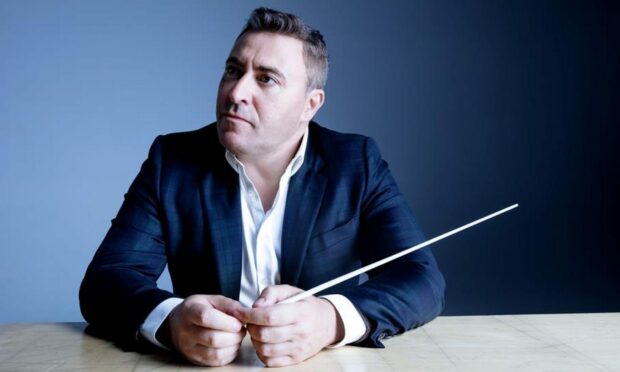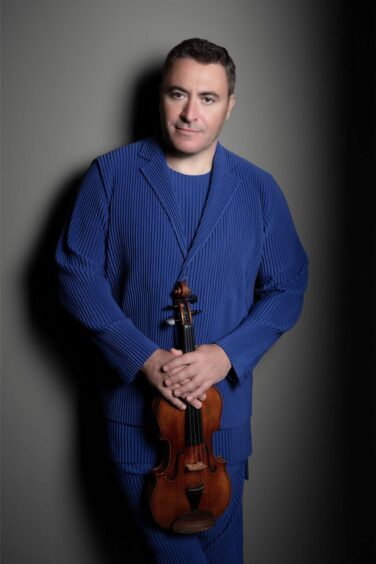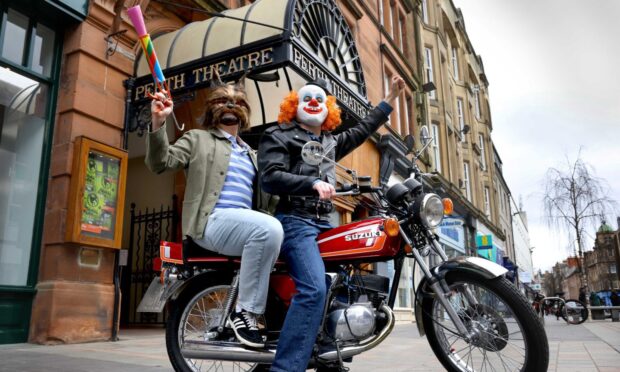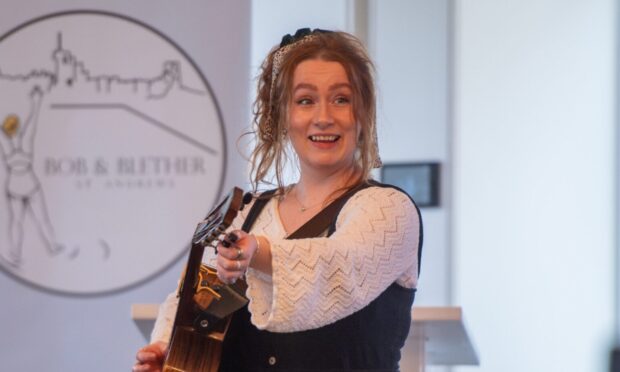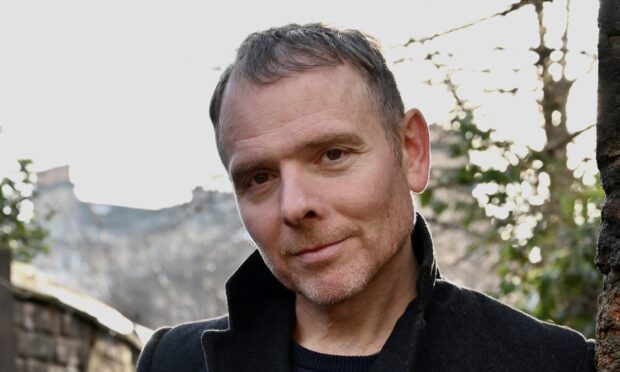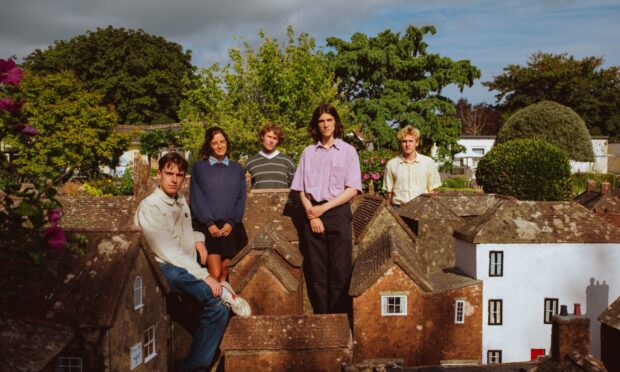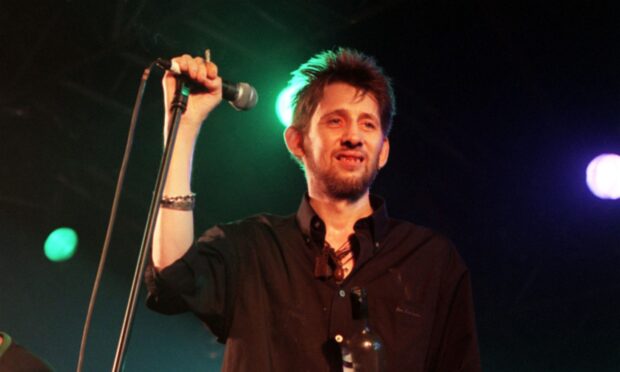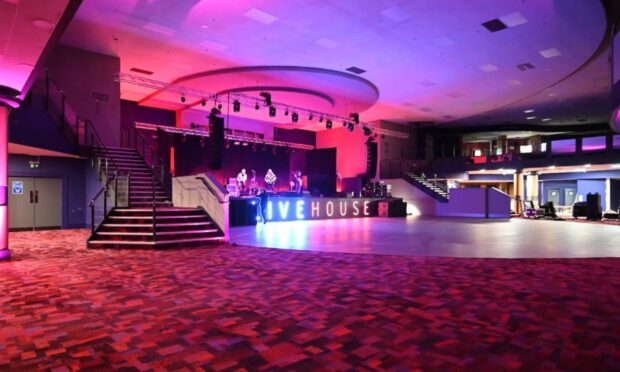He’s been called “one of the greatest violinists in the world” and such an accolade doesn’t come cheaply. But in the case of Maxim Vengerov every single letter is justified.
Few soloists can deliver six encores after an Edinburgh Festival recital and leave the audience demanding more and I remember the day well. I also remember thinking where shall I see his likes again.
The maestro in Perth
Thankfully Horsecross Arts came to my aid and brought the maestro to the Perth Concert Hall stage on Monday night, along with his mercurial talent and his just-under-a-million-pound Stradivarius.
He in turn brought the Romanian National Philharmonic Orchestra and music by the hitherto unknown Ukrainian composer Alexey Shor.
Works by the latter and Sibelius constituted the first half of the programme – and it was a first half that was rather mundane and one that never threatened to set the pulses racing.
Sibelius’ Karelia Suite was performed, and that is all that can be said about it. It was a matter-of-fact performance with nothing to write home about.
Similarly were the two Shor works, an Enchanted Moment for Symphony Orchestra and Seascapes for Violin and Orchestra. Both sounded as if they had been written for the movies, where attention is on screen and not on score.
Even Vengerov’s participation in the Seascapes failed to raise the work above the rank of an also-ran, as it was a solo part that didn’t stretch him in the slightest. Melodic, yes, but lacking in the fireworks in which he excels.
The master at work
I was hoping for an improvement in the second half, and boy did I get one! This was what the audience had come to see, a flamboyant Maxim Vengerov in full flight and demonstrating his immense and virtuosic technique.
Prokofiev’s violin concerto calls for a never-ending sequence of brilliance, whether it be double-stopping, glissandi, helter-skelter semiquavers or high register heroics.
These were delivered in magnificent style and were a prime example of a virtuoso at the peak of his powers as Vengerov delivered a pulsating performance par excellence.
The orchestra, in turn, rose to the occasion with conductor Sergey Smbatyan – maybe not the epitome of verve and energy when he takes the stage – ensuring perfect dove-tailing between orchestra and soloist.
This was a concerto that was perfect in every possible way, and the ovation that ensued underlined that. No encore though, which would have been more than fitting.
The concert ended with Tchaikovsky’s Romeo and Juliet Fantasy Overture, a work I know well and love very much.
Suffice to say the performance was out of the top drawer and one that ended a concert which had started in uncertainty but finished in the utmost proficiency.
